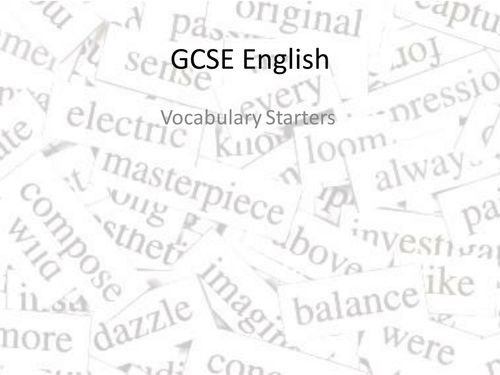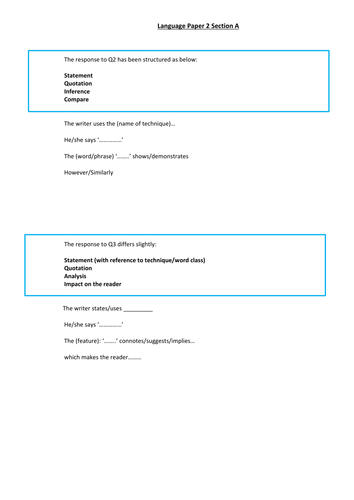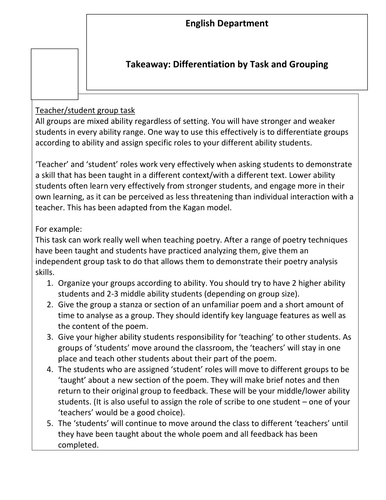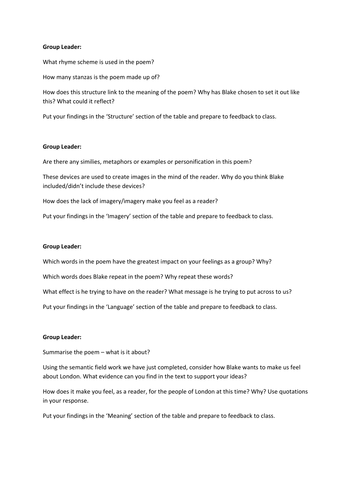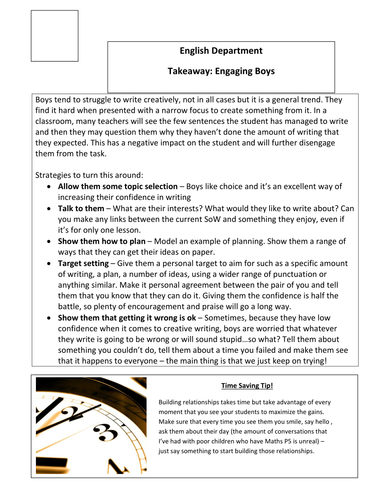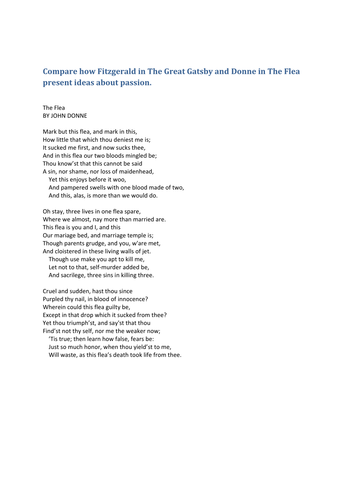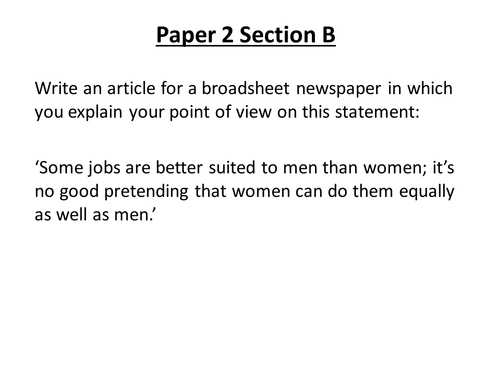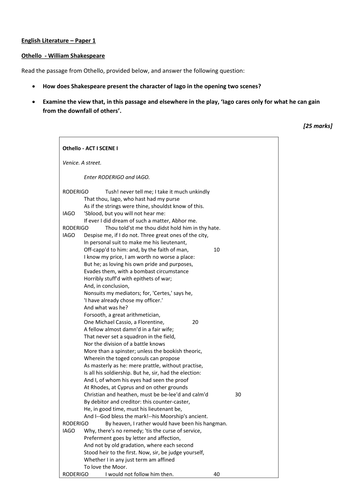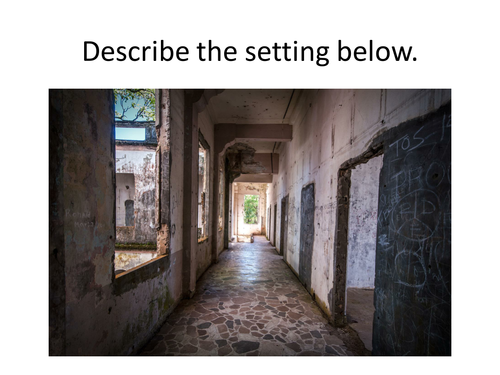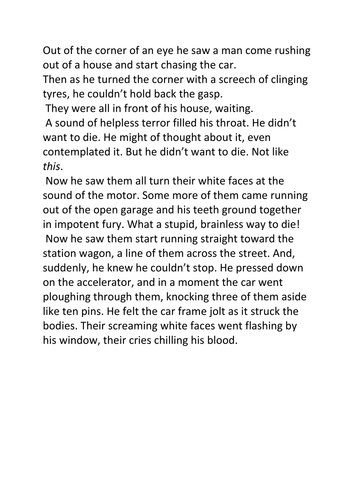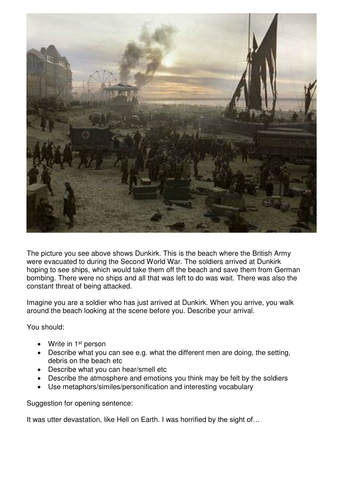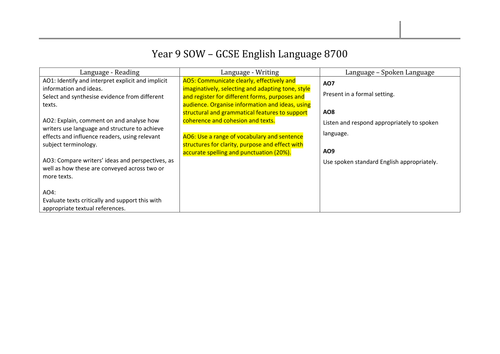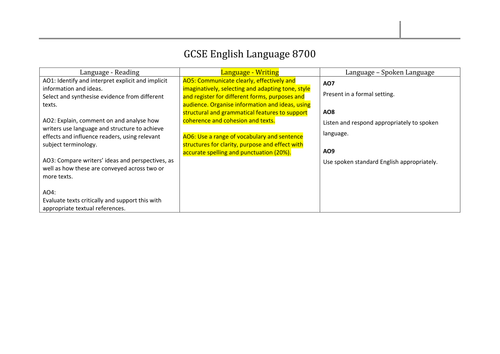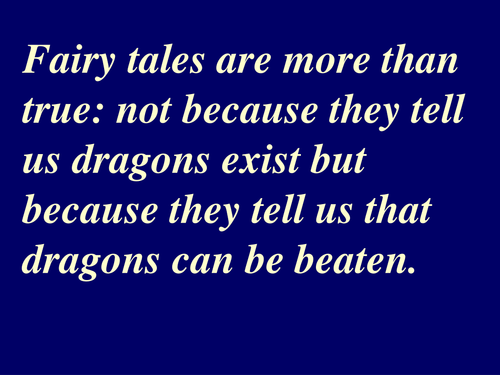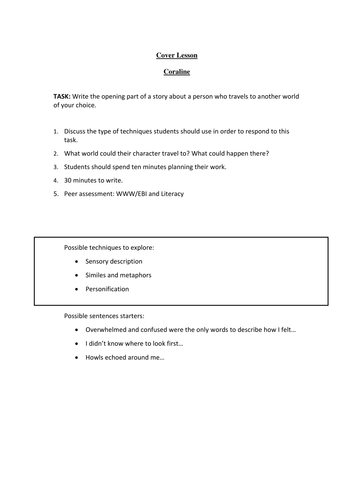
77Uploads
30k+Views
4k+Downloads
All resources

New Spec: AQA Literature A Paper 2B Section B - Assessment Tasks for Spies
Six assessments, or possible homework tasks, which can be dropped into any KS5 new spec scheme of work for Spies. The assessments use the format of the exam paper (compare the significance of...), which means that you can use them along side of any other texts that you are teaching.

GCSE English: Vocabulary Starters
40 starters that are designed to improve the vocabulary of students. These can easily be dropped in to any scheme of work, or set as homework challenges. They could even be used as intervention tasks for students that are struggling with their vocabulary.
No further resources are required and there are some tasks that will easily fit into the teaching of any text.

8700 AQA GCSE English Language Paper 1 and Paper 2 Section A Question Structures and Sentence Stems
Suggested question structures and sentence stems for the new specification English Language papers. This resource can either be included in a revision booklet, glued into class books for students to refer to in class or be used to help scaffold and support student responses. It would also be useful for intervention, especially if the person running it is not a subject specialist.
An outline, for students to refer to, is also included in this resource. It state how many marks each question is work and what the question will ask them to do.
It is a straightforward resource, but it can be used in a range of situations and for a range of purposes.

Teaching and Learning: English Takeaways on Differentiation
Five single page takeaways that can be delivered to staff in a short period of time, or emailed to them, to inform them of strategies to help increase the progress of these students in English lessons.
Includes differentiation by:
Task/Groupings
Feedforward
Pace
Questioning
Feedback in groups
Task

AQA GCSE Literature Power and Conflict Poetry Anthology: Blake - London AO2 Focus
Lesson for Blake's London.
This lesson uses groupings, with differentiated tasks, so students are encouraged to work independently from the teacher. This task is best suited to a more able group, however it can be broken down into two or more lessons for a less able group. A copy of the poem and a glossary is included with this resource.
For the introductory task, students should fold a piece of paper until they have 16 squares. As each line of the poem is read to them, they should select one word that interests them. These words then need to be grouped to create semantic fields, which is the way I have used to get into this poem.

Teaching and Learning: English Takeaways for Vulnerable Groups
Five single page takeaways that can be delivered to staff in a short period of time, or emailed to them, to inform them of strategies to help increase the progress of these students in English lessons.
These takeaways focus on the following groups/needs:
EAL
Literacy
ADD and ADHD
Self esteem
Boys

New Spec A Level English Literature A: The Great Gatsby Exam Style Assessment Tasks
Six exam style tasks based on The Great Gatsby. Three of the tasks have been structured in the same way of Section A of the exam (Examine the view...), which allows these ones to be used early on in a scheme of work or set as homework. The other three assessments have been set up as Section C tasks, however the students are asked to compare Gatsby to one of the poems from the pre-1900 poetry anthology. This allows teachers to assess the knowledge of the class on both text types prior to starting exam practice.

New Spec GCSE English Language Paper 2 Section B Tasks
Thirteen tasks based on Paper 2 Section B. These tasks can be dropped in to any scheme of work, be used for assessments or homework.
Could also be used in any opinion writing scheme (KS3 and KS4).

New Spec A-Level AQA English Literature GCE Othello Practice Questions
Practice questions that have been structured like the exam on Othello. There are six in total, which can be dropped in to schemes of work, used as homework tasks or as assessments.
They look at various acts so are flexible to all schemes.

English Language: Paper 1 Section B Tasks
Thirteen narrative/descriptive tasks that could be easily dropped into a current scheme of work. They could also be used as stand alone activities/assessments/cover lessons or as homework tasks. All tasks have an image to help support learners.

Extracts for Reading Tasks
Eight different articles and extracts that can be used for creating stand alone lessons on reading skills. They can also be used within schemes of work, including new specification schemes, to work on reading skills. They can also be used for writing models to develop writing skills. This resource is a bank of extracts and articles, which are flexible to the needs of teachers.

Descriptive Writing Task and Sentence Handouts
A descriptive writing task based on a scene from Atonement. There is also a resource which could be stuck into exercise books to support students in varying their sentence openings in descriptive writing. A handout has also been provided to show students the different types of sentenecs and how they can use them in their descriptive writing.
It would be best used in supporting students to learn the skills required for the new GCSE specification. It can be used as a stand alone lesson, embedded within a scheme or as a cover lesson. All of the instructions are on the activity sheet along with an image to act as a springboard for their response.

Analysing Language Worksheet
One worksheet that works for fiction/non-fiction. It shows students the 'steps' in analysing language in a clear way. It moves from literal meaning to connotations and ends with the impact on the reader/audience. A clear framework which can be used to scaffold/support students at various stages of their learning. Can be used for KS3 or 4 and can easily be adapted to the life after levels programme your school uses.

English Language: Narrative Writing Scheme of Work and Resources
An eight lesson scheme for narrative writing with all resources included. The scheme shows how you can differentiate for all learners and the tasks are based on the new specification (exams from 2017). This scheme is aimed at Y9 students to give them an introduction in how to write narratives.

English Language: Writing to Describe
An eight lesson scheme to develop descriptive writing. More suitable for a middle or high ability set. This scheme covers AO5 and AO6. The scheme and all resources are provided.

Coraline Scheme of Work Resources
Resources for Coraline SoW. Includes all powerpoints/worksheets referred to in the scheme, which is available separately. The PEE framework is referred to in this scheme and also the mnemonic AFOREST.
There are some extracts which need resourcing separately such as the poems Jabberwocky, Nettles and Praise Song for my Mother. As well as this, you will need the opening to Rebecca, Kit's Wilderness, extracts from I am Legend and Old Major's Speech from Animal Farm.

Coraline Scheme of Work and Cover Lessons
A SoW for the text Coraline. The scheme does include extracts from other texts and poems with tasks designed to assess Writing, Reading, Spoken Language and Poetry. There are four cover lessons provided with prompts to help those that are not English specialists when delivering the lesson. The cover lessons are based on key themes of the texts so can be used at various points in the novel, which allow for maximum flexibility.
The template used does give teachers the opportunity to comment on how their class found the lesson, which makes it easier to adapt to your context at the end of the year/in any gain time you have.
This resource is just the SoW outline and the cover lessons. The powerpoints and worksheets for this SoW are available in a separate download.


